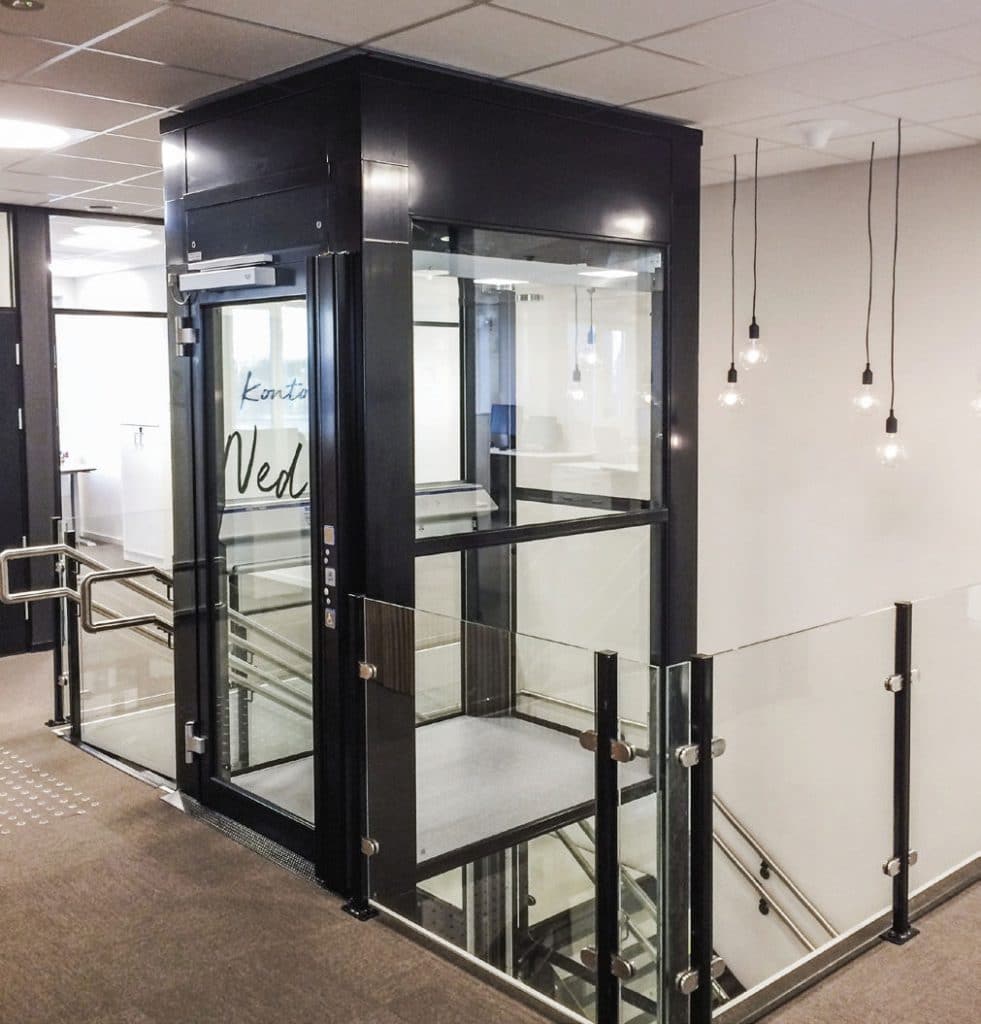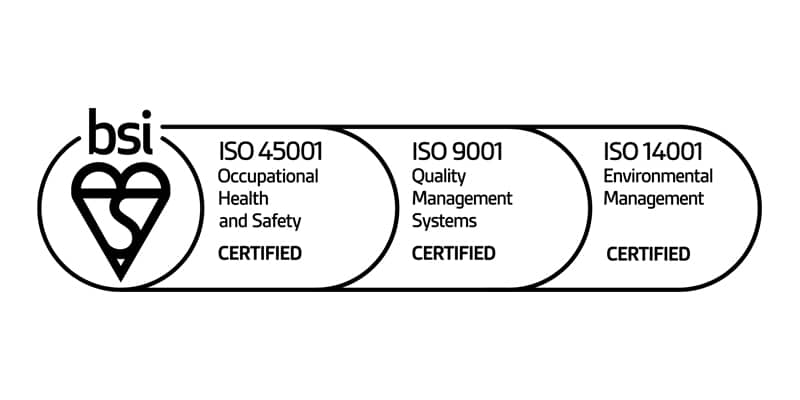ISO 14001: What It Means and Why It’s Important
ISO 14001 is a standard which details the requirements for an environmental management system (or ‘EMS’) and aims to support organisations in their efforts to lessen their environmental impact and really make a difference.
The standard has been agreed upon internationally and works to improve various corners of an industry from efficiency in obtaining and using resources to reducing waste and building strong bonds of trust with stakeholders.

ISO 14001 and Environmental Management Systems Explained
Environmental management systems such as ISO 14001 aim to help organisations recognise and manage their environmental shortfalls, and move toward a more sustainable future.
There are several kinds of ISO certifications, each with its own set of systems and requirements. For example, ISO 9001 is in place to ensure quality management, and ISO 15001 identifies and tackles occupational health and safety.
All ISO ‘families’ are designed to work in tandem with each other, meaning ISO 14001 can be easily and effectively implemented into an existing management structure.
All organisations, from non-profit to governmental, can benefit from ISO 14001. Its job is to highlight existing environmental issues so they can be easily solved or worked around.
Common considerations include issues such as:
- Air pollution
- Water and sewage efficiency
- Overall waste management
- Contamination of soil
- Recycling practices
- Efficient use of resources
What Are the Benefits of ISO 14001?
All organisations should improve their strategies and focus when it comes to their environmental performance, now more than ever.
Aside from demonstrating their compliance with existing and forthcoming regulatory requirements, those that have implemented ISO standards into their everyday business practices have also reported:
- An increase in the involvement of leadership roles and better B2C engagement.
- An improvement in their company’s brand image, on a consumer level, and better relationships with stakeholders.
- The success of business goals by implementing environmental concerns into their general management strategy.
- A spike in their finances due to improved resource efficiency and a subsequent reduction in annual costs.
- A greater influence over the spread of awareness among suppliers, by incorporating them into an improved environmental management system.

Do ISO 14001 Standards Change?
Yes, and this is true of all ISO standards. These systems are revised in order to ensure their relevancy and alignment with current environmental or industrial issues. They are also adjusted to create unison between other standards.
How Has ISO 14001 Been Improved?
ISO 14001:2015 has recently been revised, and its standards now require:
- A notable prominence of environmental management systems existing within active company strategies.
- A visible improvement in the involvement of those in leadership roles.
- An alignment with initiatives that are dedicated to protecting the environment and mitigating climate change long-term. For example, through sustainable sourcing.
- The adoption of ‘life-cycle’ business strategies, which monitor decisions and developments on a grander scale, from their beginnings to their ends, be that in wastage or the ongoing impact across a lifetime.
The ISO 14000 Family
ISO 14001 is not the only international standard within the ISO 14000 family. Each member has its own focus which can be applied to certain organisations, especially those that are already certified by ISO 14001 and are looking to expand their regulatory coverage.
- ISO 14004 – which offers guidelines on the implementation and maintenance of environmental management systems, new or existing.
- ISO 14006 – which is available to those with ISO 14001 certification who are looking to incorporate eco-design into their management systems.
- ISO 14064-1 – which details how a company can properly quantify and disclose their greenhouse gas emissions, as well as how to reduce and remove them.
Is Gartec Compliant With ISO Standards?
We are very proud to say we are accredited for multiple standards and management systems. In recent years we have been working alongside the British Standards Institute (BSI) to improve and expand our range of compliances.
When it comes to ISO standards, we have been:
- ISO 14001 Certified – which rates the environmental impact of our company and the lifts we produce and install.
- ISO 45001 Certified – which rates our standards of occupational health and safety within the business and its external practices.
- ISO 9001 Certified – which rates the standards of our quality management systems, proving our dedication to providing only the highest quality of products and services.
